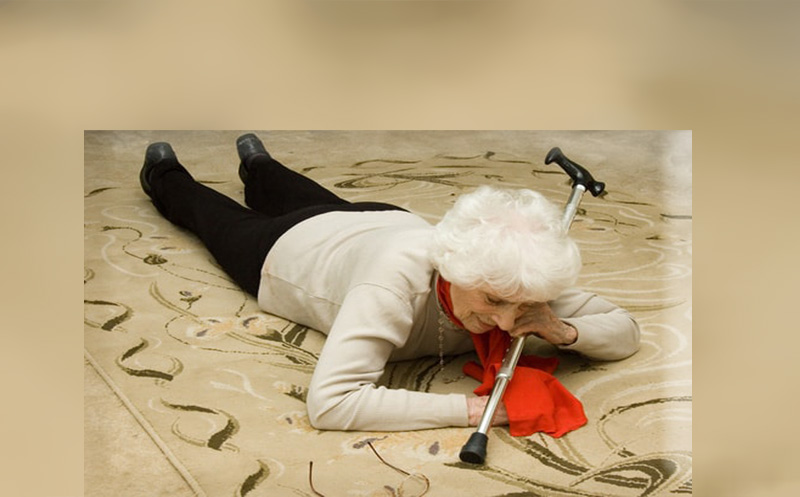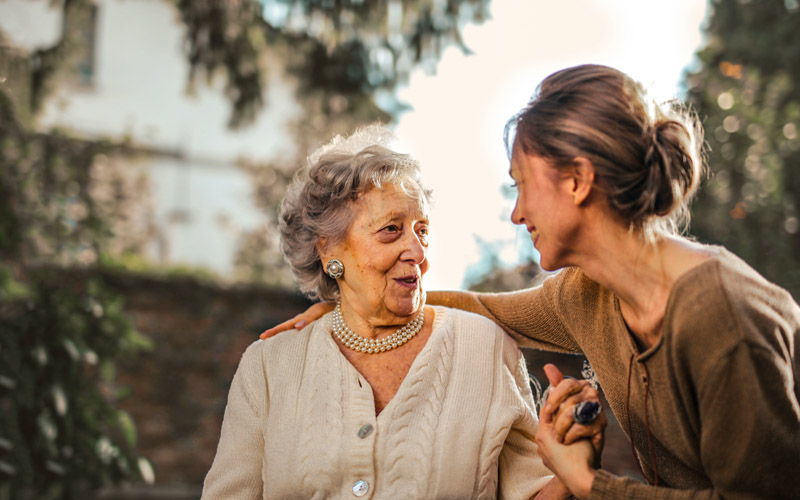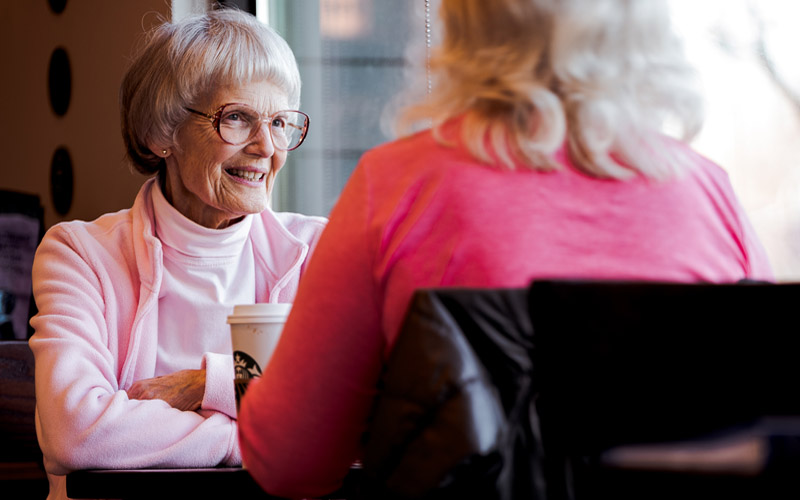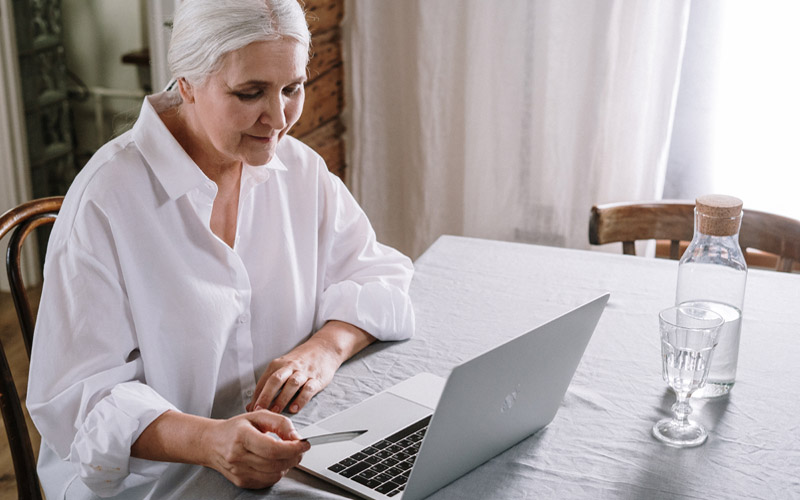No one ever intends to fall. I hear it from my clients all the time: “I’m careful” or “I’m not going to fall” even though I think they are really trying to tell me that they are worried about falling. However, that level of fear doesn’t always translate into taking specific measures to avoid a fall or learning what they can do to prevent falling. Without proper prevention and safety measures, falls happen. When people fall, the response is usually, “It was an accident, I won’t fall again.”
One of my clients is the poster child for this attitude. She has fallen multiple times, but isn’t able to relate any of her falls to the other times she has fallen. While we’re working on that end of things, in the meantime we needed some tips on getting up after falls.
My favorite find is this video on how to get up. The main point is to be creative about what you have within reach or crawling distance to be able to get yourself (or someone else) up off the floor. Also, make sure to evaluate yourself for possible injuries, pain, range of motion issues, and/or bleeding before trying to get up. Another thing they discuss is the importance of lifeline devices such as Life Alert. If help is immediately available at the push of a button, you won’t even need to worry about how to get up with possible injuries or finding a way to get help.








